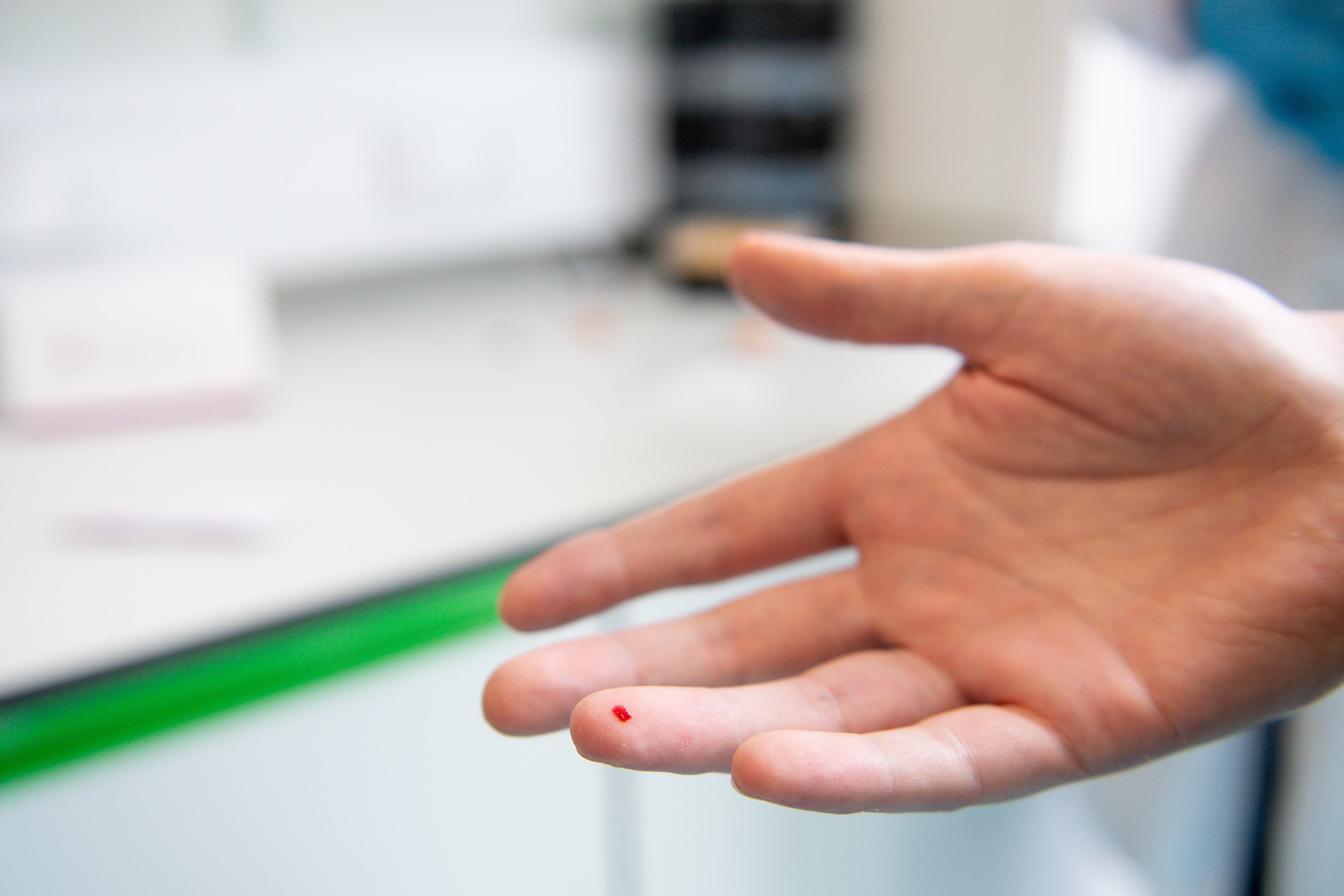Warning cuts to STI clinics will make target to end HIV in England by 2030 ‘impossible’
The call comes as the number of new cases in England has almost doubled since 2019

Cuts to sexual health clinics could make eliminating new HIV cases in England by 2030 “impossible”, politicians have warned.
A report on HIV services in the capital by the London Assembly Health Committee showed there were 6,008 new case in England in 2023 – almost double the amount in 2019, when 3,859 people were diagnosed.
Although much of the increase can be attributed to new testing in emergency departments, the figures show that even when these are excluded there has still been an increase over that period. Before that time, new cases had been falling.
Labour’s Krupesh Hirani, chair of the committee, told The Independent it would be “impossible” to hit the 2030 targets if public health budgets, that support testing and public outreach programs to target at-risk groups, aren’t protected and continue to be cut.
He said: “The importance of testing with HIV is well documented and well evidenced and the obvious outcome and benefit of testing is to make sure we identify people who may be living with HIV but also it will help if people know what their status is in terms of what action they can take.”
Richard Angell, chief executive of the charity Terrence Higgins Trust, which supports those with HIV, said: “The committee’s findings are clear: we are not currently on track to end new HIV cases in London - or in fact anywhere in the UK.
“Years of real-terms cuts to public health has meant long waiting lists to access pre-pxposure prophylaxis (the treatment drug PrEP) in many places and intense pressure on sexual health services.”
In their report, assembly members urged London Mayor Sadiq Khan to write to the health secretary, Wes Streeting to request an increase in the public health grant to 2015 levels in real terms by 2029. They also asked the mayor to request funding for HIV testing be provided in other healthcare settings, such as GP surgeries.
Another key recommendation was that PrEP medication is made available in pharmacies - a move that would need to be agreed by the Department for Health and Social Care.
Kat Smithson, chief executive for the British Association for Sexual Health and HIV told the committee: “When you look at the situation with sexual health and you consider that you cannot completely separate sexual health and HIV, and you look at rising STIs and you look at the pressure on sexual health services, I think it is impossible to say that we are on track to reach 2030.”
A separate target to reduce new HIV infections in England by 80 per cent by 2025 is also “unlikely”, Alison Brown, a consultant scientist at the UK Health Security Agency, told the committee.
Joes Mejia, 39, who was diagnosed in Colombia in 2008 and moved to the UK and now works as London HIV Ambassador with the Terrance Higgins Trust told The Independent testing is key.
“A lot of us [living with HIV] probably wouldn’t know their status if it weren’t because of a testing effort put somewhere. In my case, it was a primary care setting, and to this day, I’m really thankful for that test because if I hadn’t had it, I probably wouldn’t know my status, I probably wouldn’t be alive.”
Mr Mejia also warned services that cater to specific communities and their cultures are decreasing due to a lack of funding.
“When I came here at the time there were a couple of services for Latin American communities many of them don’t exist anymore, and many of them don’t exist anymore not because the community isn’t there or the diagnosis rate changed but they don’t exist because there is no particular funding for those services.”
“Service used to be way more robust 9-10 years ago; if they are here, they are reduced to the bare minimum. It is the same for black African and Caribbean communities, some services exist, but they are running on the bare minimum.”
A spokesperson for the mayor said: “The current government has committed to commissioning a new HIV action plan, and the mayor looks forward to working closely with ministers to help end HIV cases by 2030, as we build a fairer and healthier London for everyone. The mayor will respond to the Assembly’s report in due course.”
A Department of Health and Social Care spokesperson said: “This government is committed to tackling HIV. Our upcoming HIV action plan will help to achieve our mission of ending new HIV transmissions in England by 2030.
“We know there is work to do and we have invested an extra £1.5 million to extend the National HIV Prevention Programme, alongside £27 million to expand the HIV emergency department opt-out testing scheme.
“As part of our Plan for Change, we are increasing access to HIV testing, reducing stigma and ensuring people have quick access to care.”
This story was updated at 8:05 on 30 April with a comment from the Department for Health and Social Care.
Join our commenting forum
Join thought-provoking conversations, follow other Independent readers and see their replies
Comments